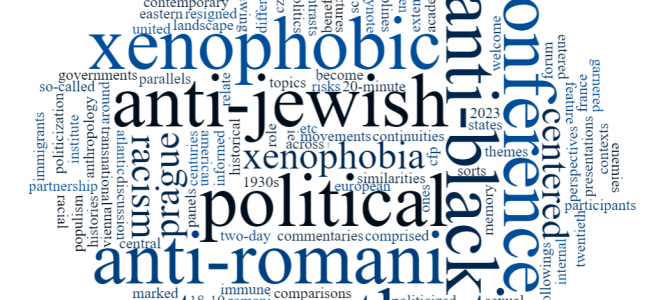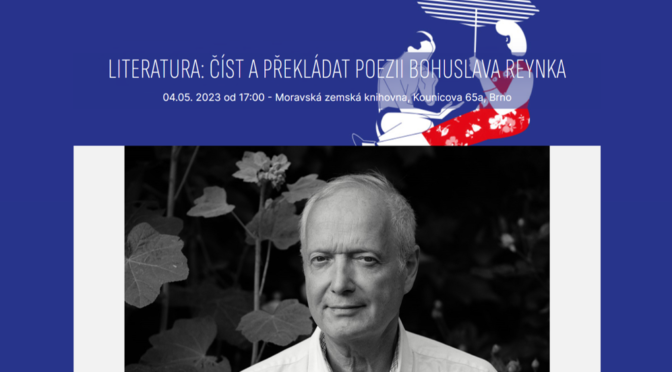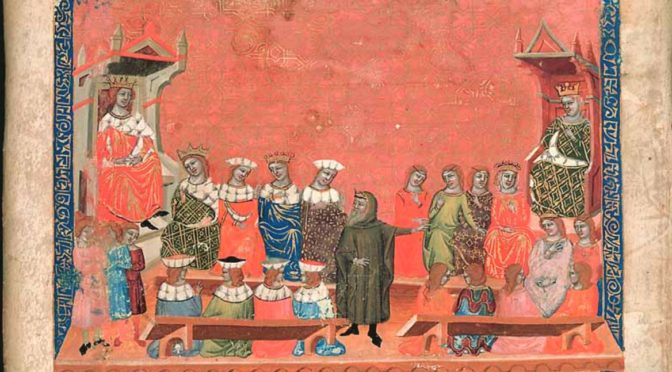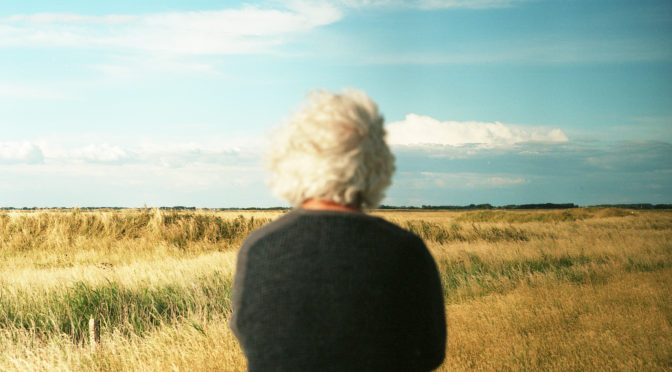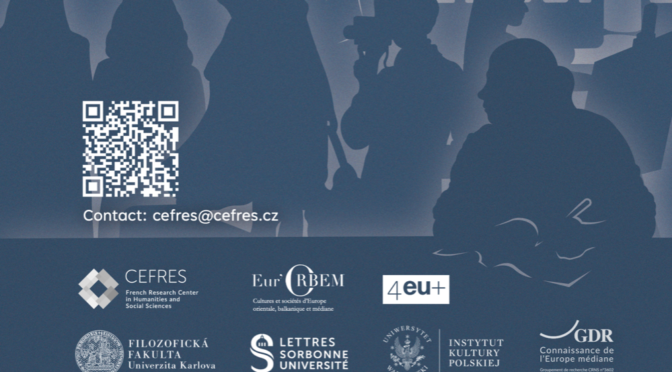This roundtable discussion takes place within a conference organized by the Prague Forum for Romani Histories.
Today, many people have become resigned to the fact that xenophobia is a central feature of the transatlantic political landscape. From the United States to France to Eastern Europe, political movements centered on the rejection of “the other” (immigrants; racial and sexual minorities, and so-called “internal enemies”) have garnered mass followings and have entered governments that were until recently seen as immune to the sorts of populism that marked the first half of the twentieth century. The roundtable will sum up a conference organized by the Prague Forum for Romani Histories (18-19 May, Villa Lanna) where participants will discuss politicized xenophobia in the past and today. How, we ask, did past xenophobic movements speak to each other across the Atlantic in the past centuries? How have European and American xenophobia and racism in the past informed movements today? What was and is the role of historical memory in the politics of xenophobia? What are the benefits and risks of drawing parallels between the past xenophobic movements and present ones?
Date: Friday 19th of May 2023, 5:00 p.m. – 6:30 p.m.
Location: CEFRES Library
Organizers: the Prague Forum for Romani Histories (at the Institute of Contemporary History of the Czech Academy of Sciences) in partnership with University of Alabama at Birmingham and Romani Studies Program at the CEU in Vienna
Language: English
Convenors: Jonathan Wiesen (University of Alabama at Birmingham), Angéla Kóczé (Romani Studies Program at the Central European University in Vienna), Kateřina Čapková (Institute of Contemporary History, Czech Academy of Sciences).
Chair: Angéla Kóczé
Speakers: Ann Ostendor, Jonathan Wiesen and Vita Zalar
18 May
1:30 p.m. WELCOME
1:45 – 3:15 p.m. KEYNOTE SESSION
Chair: Kateřina Čapková
Angéla Kóczé: Anti-Roma Racism as a Socio-Historical Consensus: 2008–2009 Neo-Nazi Murders of Roma in Hungary
Jonathan Wiesen: US Racial Violence in the German Imaginary
Break: 3:15 –3:45 p.m.
3:45-5:30 p.m. PANEL I: Transnational Xenophobia
Chair: Jonathan Wiesen
Ann Ostendorf: Anti-Romani Political Racism in the Nineteenth Century United States
Tayla Myree: Remembrance to Reparations: A Study of the Strategies towards the Recognition of Atrocities by Roma and African Americans
Tina Magazzini: Racism or Xenophobia? Tracing the Category-making of Racialized Minorities across the Atlantic and their Consequences
Dinner: 6:00 p.m.
19 May
9:00 – 11:15 a.m. PANEL II: The Holocaust and Holocaust Memory
Chair: Helena Sadílková
Christopher Molnar: Holocaust Memory, Racism, and the Roma Refugee Panic in Reunified Germany
Cristina Teodora Stoica: The Politics of Antiziganim and its shaping of Romania’s Holocaust Historical Memory
Mariana Sabino Salazar: The Politics of Memory: Romanies in Mexican and Brazilian Holocaust Museums
Justyna Matkowska: Pogroms on Roma and Sinti in Nazi-occupied Poland during World War II
Break: 11:15-11:45 a.m.
11:45 a.m. – 1:30 p.m. PANEL III: Discrimination and its Legacies
Chair: Martin Fottta
Sunnie Rucker-Chang:The Enduring Impact of School Segregation in the United States and Europe
Michelle Kahn: USA From Nebraska to Berlin, Zagreb, and Beyond: How American Neo-Nazis Shaped the European Far-Right (1970s-1990s)
Dezso Mate: Roma LGBTI Movement – The Politics of Alliance
5:00-6:30 p.m. – Roundtable Discussion hosted by CEFRES, Na Florenci 3
The Politicization of Xenophobia in Transatlantic Contexts
Chair: Angéla Kóczé
Speakers: Ann Ostendor, Jonathan Wiesen and Vita Zalar
See the website of the conference.

